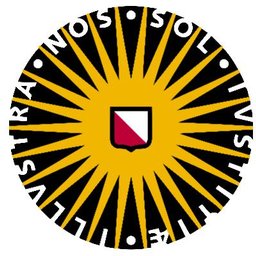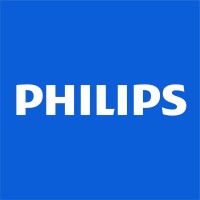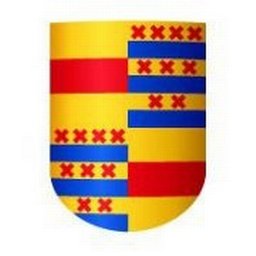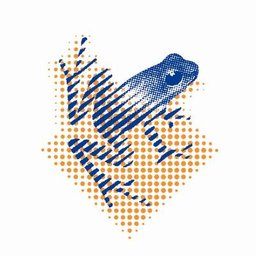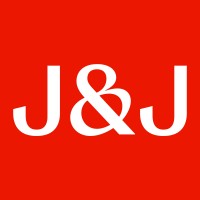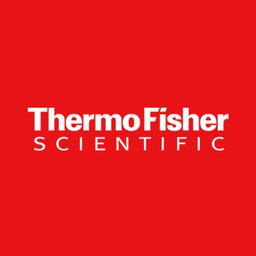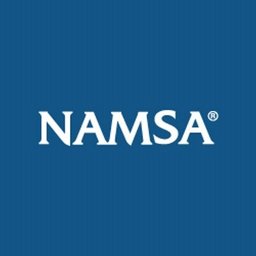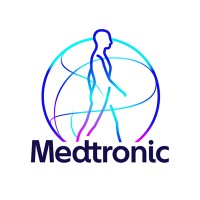In this combined PhD position, your will work as a clinical embryologist within the Reproduction Team of Utrecht University’s Equine Clinic, as well as conduct research within the Reproductive Genetics team, with a specific focus on understanding the origins and consequences of embryonic aneuploidy.
Your job
Clinical duties will account for 30% of your time and include supporting the clinical programme in all activities related to the in vitro production and preservation of equine embryos (ovum pick-up, oocyte maturation, intracytoplasmic sperm injection, IVF, embryo culture, cryopreservation, and thawing of embryos for transfer to recipient mares). As part of the clinical team, you will participate in a 1-in-4 on-call rotation for embryo thawing during weekends and public holidays throughout the horse breeding season (March–August).
Your research will bridge basic biology and translational embryology. Using live imaging and single-cell sequencing approaches, you will investigate how post-zygotic aneuploidy arises in mammalian embryos and its consequences during early pregnancy. You will primarily work with equine embryos, which represent a valuable model for studying post-zygotic aneuploidy due to the similarity in the rate and type of chromosomal abnormalities found in equine pregnancy losses and human miscarriages. However, you will also have access to other mammalian embryo models to demonstrate the translatability of your findings. Your work as a PhD candidate will include:
- contributing to the development of a non-invasive PGT system for genetic selection and screening of equine embryos;
- engaging in cutting-edge research with access to state-of-the-art facilities, including low-phototoxic live-cell microscopy, super-resolution microscopy, advanced single-cell sequencing technologies and mass spectrometry;
- coordinating your work within a national and international network of collaborators while working in an ambitious, motivated, multidisciplinary team of veterinarians, clinicians, geneticists, molecular biologists, and embryologists;
- co-supervising BSc and MSc students during their internships. Teaching opportunities will be also available. You will be part of the Utrecht Graduate School of Life Sciences and receive training, supervision, and guidance for both your research and your personal and professional development — providing an excellent foundation for an independent academic career.
Your qualities
- You hold a Master’s degree in life sciences, veterinary science, medicine, or a related area.
- You have experience in developmental biology, molecular biology, and genetics, with demonstrated skills in biomolecular, biochemical, and cell/tissue culture techniques.
- You are an excellent team player, a fast learner, and thrive in a multidisciplinary environment.
- You are enthusiastic, creative, and able to communicate effectively, promote collaboration, and think independently.
- You are knowledgeable in your field and committed to staying up to date with recent advances in the literature.
- Proficiency in written and spoken English is required.
- Experience with in embryology and micromanipulation will be positively evaluated.
Our offer
- A position for a duration of six years; the appointment is initially for a period of one year. Satisfactory progress during the first year will lead to prolongation of the contract for a further five years.
- a working week of 36-40 hours and a gross monthly salary between €2,901 and €3,707 (salary scale P under the Collective Labour Agreement for Dutch Universities (CAO NU));
- 8% holiday pay and 8.3% year-end bonus;
- a pension scheme, partially paid parental leave and flexible terms of employment based on the CAO NU.
In addition to the terms of employment laid down in the CAO NU, Utrecht University has a number of schemes and facilities of its own for employees. This includes schemes facilitating professional development, leave schemes and schemes for sports and cultural activities. We also offer access to additional employee benefits through our Terms of Employment Options Model. In this way, we encourage our employees to continue to invest in their growth. For more information, please visit Working at Utrecht University.
About us
A better future for everyone. This ambition motivates our scientists in executing their leading research and inspiring teaching. At Utrecht University, the various disciplines collaborate intensively towards major strategic themes. Our focus is on Dynamics of Youth, Institutions for Open Societies, Life Sciences and Pathways to Sustainability. Sharing science, shaping tomorrow.
At the Faculty of Veterinary Medicine we train the veterinarians and researchers of the future, provide care for animals and conduct leading and societal relevant research. That is what we are good at. We see that the health and welfare of animals, humans and the environment are interconnected. By sharing our knowledge and working together, we make positive impact, both nationally and internationally. Our 1,500 students and 950 staff members inspire and strengthen each other. Our engagement connects us. The drive to, from an integral perspective, make the world a better place.
At the Department of Clinical Sciences, you will work alongside approximately 150 veterinarians and a similar number of support staff. Approximately two-thirds of the veterinarians are specialists in various disciplines; the remaining one-third consists of interns, residents and PhD candidates. Together we are responsible for the education of veterinary students, provision of clinical services to horses and companion animals, and both clinical and more fundamental research in the areas of regenerative medicine, locomotion, genetics and reproduction.
More information
For more information, please contact Dr Marta de Ruijter-Villani at [email protected] or Dr Anthony Claes at [email protected].
Candidates for this vacancy will be recruited by Utrecht University.
Apply now
As Utrecht University, we want to be a home for everyone. We value staff with diverse backgrounds, perspectives and identities, including cultural, religious or ethnic background, gender, sexual orientation, disability or age. We strive to create a safe and inclusive environment in which everyone can flourish and contribute.
To apply, please send your curriculum vitae, including a letter of motivation, via the ‘apply now’ button.
